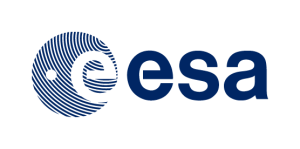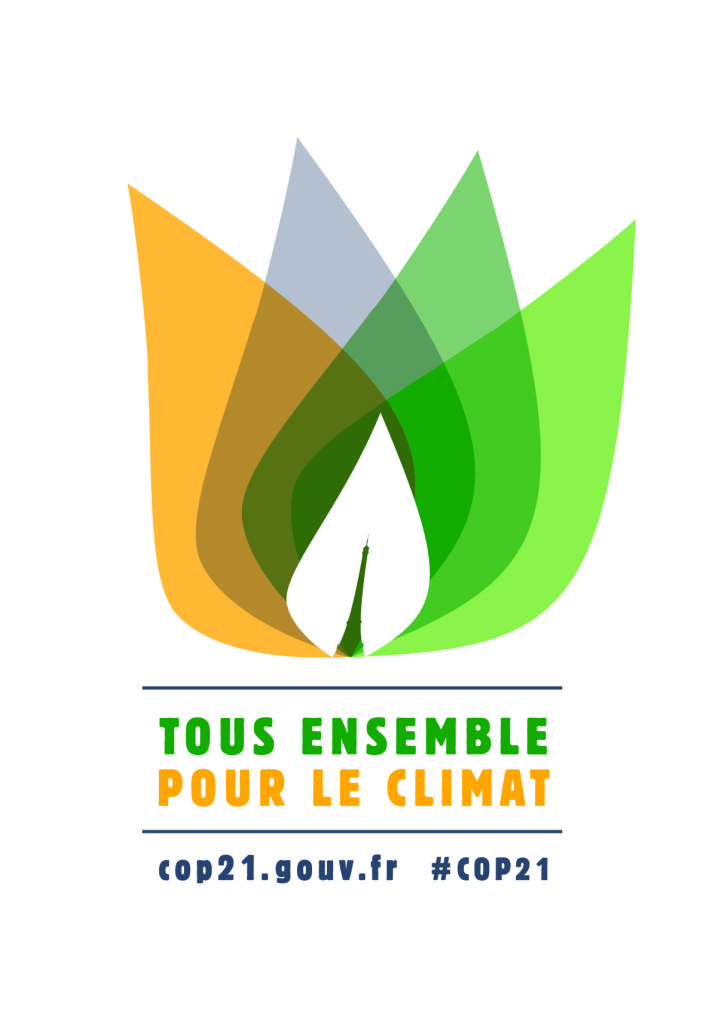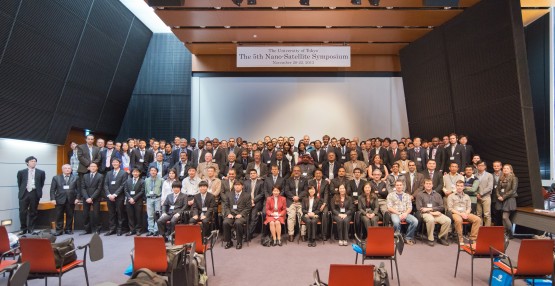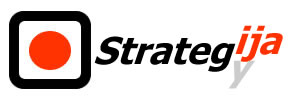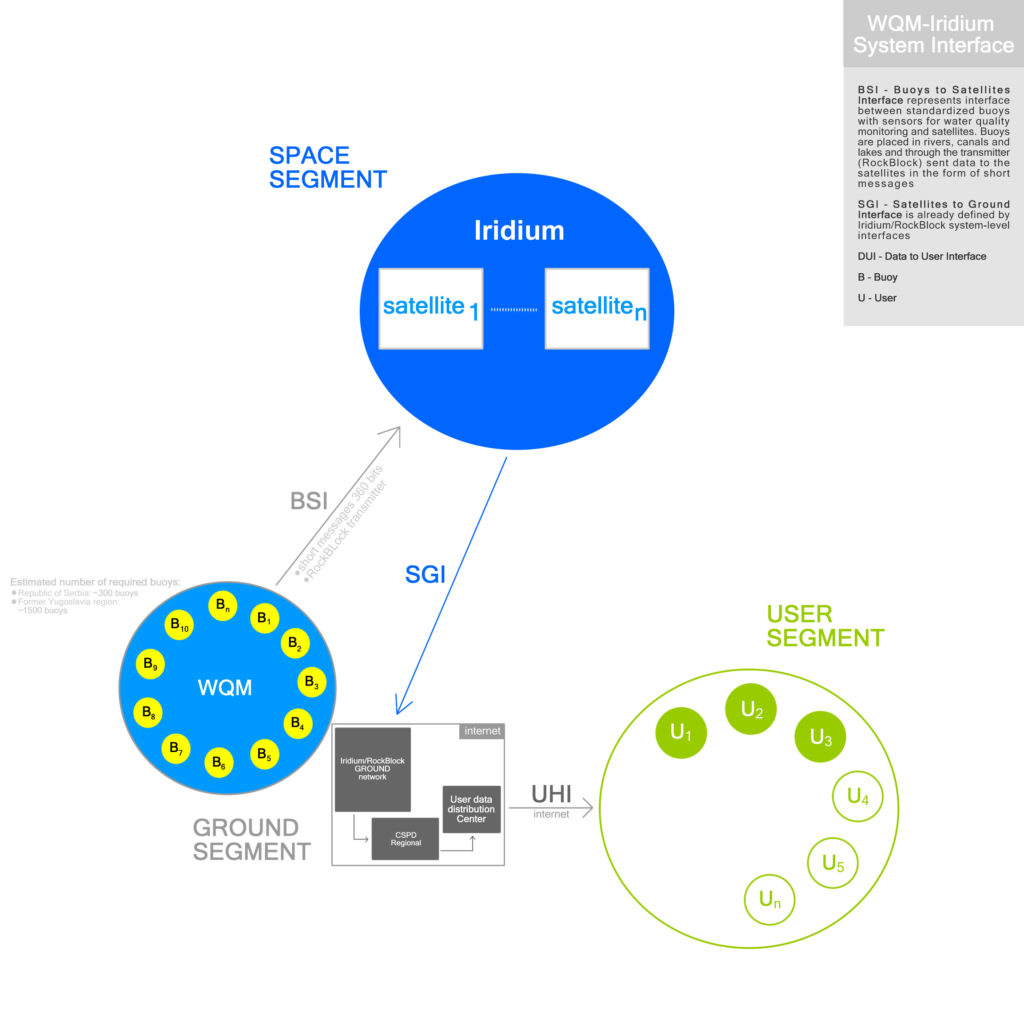 The system for satellite monitoring of surface water quality in real-time and early-warning system (WQM) is ready for connection with the Iridium constellation of 66 satellites. GSM transmitter will be replaced by RockBlock transmitter as well as the operational code.
The system for satellite monitoring of surface water quality in real-time and early-warning system (WQM) is ready for connection with the Iridium constellation of 66 satellites. GSM transmitter will be replaced by RockBlock transmitter as well as the operational code.
Архиве ознака: Development
UČEŠĆE KOMITETA U PROGRAMU: “Monitoring Climate from Space”
Program je održan u periodu od 30. novembra 2015. do 04. januara 2016. godine u organizaciji European Space Agency (ESA).
Program je organizovan u vreme održavanja “COP21 | United nations conference on climate change” kao vid podrške ovako značajnom događaju, odnosno kao doprinos širenju svesti o ozbiljnosti situacije u kojoj se Planeta nalazi, kao i edukovanju participanata o aktuelnim i planiranim projektima opservacije Zemlje satelitskim putem i njihovom značaju.
P r e d a v a č i:
- Professor Martin Wooster (vodeći predavač)
Professor of Earth Observation Science in the Department of Geography, King’s College London, and a Divisional Director of the NERC National Centre for Earth Observation (NCEO).
- Dr Mathias Disney
Senior lecturer in Remote Sensing in the Department of Geography, UCL. Mat is a member of the Environmental Monitoring and Modelling Group and the NERC National Centre for Earth Observation (NCEO).
- Dr Emily Shuckburgh
Climate scientist and Head of the Open Oceans research group at the British Antarctic Survey. Emily is also a fellow of Darwin College, Cambridge and an associate of the Cambridge Centre for Climate Change Mitigation Research.
- Professor Andrew Shepherd
Professor of Earth Observation at the University of Leeds. Andrew is also the Director of the NERC Centre for Polar Observation and Modelling and Principal Scientific Adviser to the European Space Agency’s CryoSat-2 satellite mission.
- Professor Alan O’Neill
Emeritus Professor of Meteorology, University of Reading. Alan is the Founder and former Director of the NERC National Centre for Earth Observation.
Spoljna stručna lica koja su doprinela realizaciji programa:
- Dr Pierre-Philippe Mathieu, European Space Agency
- Dr Stephen Briggs, European Space Agency
- Professor Konrad Steffen, Director, WSL – Swiss Federal Institute for Forest, Snow and Landscape Research (WSL)
- Professor Anny Cazenave, Senior Scientist at the ‘Laboratoire d’Etudes en Géophysique et Océanographie Spatiale’ (LEGOS), Centre National d’Etudes Spatiales (CNES) and Director for Earth Sciences at the International Space Science Institute (ISSI), Bern, Switzerland
- Dr Kanta Kumari Rigaud, Lead Environmental Specialist, Climate Change Group, World Bank
- Dr Angela Benedetti, European Centre for Medium-Range Weather Forecasts
- Dr Nathalie Pettorelli, Zoological Society London
- Professor Chris Merchant, University of Reading, NCEO
- Dr Melanie Ades, Risk Management Solutions (RMS)
- Dr Helen Snaith, British Oceanographic Data Centre at the National Oceanography Centre
- Dr Stephanie Henson, National Oceanography Centre
- Dr Simon Boxall, University of Southampton
- Dr Paolo Cipollini, National Oceanography Centre
- Professor Chris Lintott, University of Oxford
- Dr Kirsten Barrett, University of Leicester
SECOND PHASE OF STANDARDIZATION of WQM system has been completed…

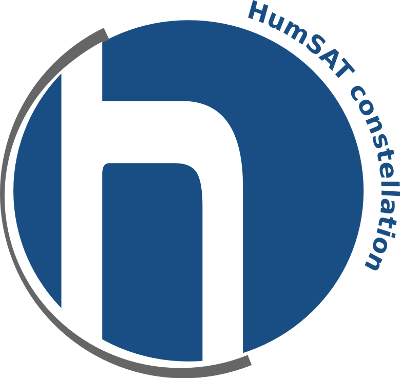
Second phase of standardization of system for satellite monitoring of surface water quality in real-time and early-warning system (WQM) has been completed.
All electronic components has been tested on the field using a GSM module as transmitter. For storing the electronics was used a test buoy that will in the third, final, phase also be standardized. Standardization of the buoy is directly related to HUMSAT transmitter for which everything is ready and that will, of course, replace the GSM transmitter.
While we wait the HUMSAT transmitter from partners from the University of Vigo (Spain), it will be carried out further consultations with the Republic Hydrometeorological Service and the Agency for Environmental Protection.
FIRST PHASE OF STANDARDIZATION OF WQM SYSTEM HAS BEEN COMPLETED…
PARTICIPATION OF THE COMMITTEE ON „THE 5TH NANO-SATELLITE SYMPOSIUM“ – TOKYO, JAPAN
A representative of the Committee participated on the „The 5th Nano-Satellite Symposium“ held from 20th to 22nd November 2013 on the University of Tokyo (Takeda Frontier Science Hall).
The Symposium was attended by 260 delegations from 47 countries and regions. „The Nano-Satellite Symposium“ is an academic meeting promoting technological development of nano-satellites and their application, as well as enhancing awareness about their benefits.
This year’s Symposium was held under the title „Missions and Enabling Technologies towards Future“.
Started development of WQM-HUMSAT system…
Started development of system for satellite monitoring of surface water quality in real-time and early-warning system (WQM) within HUMSAT project.
The system consists of two major segments:
– segment of the the Earth (WQM);
– segment in Space (HUMSAT);
and use “Store & Forward” telecommunications technique.
Segment on Earth (WQM) develops Committee, and segment in Space develops University of Vigo (Spain) through the project HUMSAT (Humanitarian Satellite Constellation).
The project is supported by the office in charge of the United Nations – UNOOSA (United Nations Office for Outer Space Affairs) and the European Space Agency – ESA.
published “Strategy for space program development”…
The Strategy was written on the basis of the Japanese strategy from the same area during stay at Japanese universities, institutes and organizations, as well as during the participation on the training programs, all under the supervision and in collaboration with eminent Japanese experts in this field.
| Download |
Completed development and the second part of UCHU-GAME SOFTWARE…
Completed development of the first part of UCHU-GAME software …
Started the development of astronomy educational program: UCHU-GAME …
Started the development of astronomy educational program for preschool and primary school age. It is a joint development (Dusan Radosavljevic/Committee and dr Akihiko Tomita/Faculty of Education, Wakayama University) of interactive, educational software that will be able to be used online and offline at kindergarten, classroom and at home. The working title of the program is “UCHU-GAME” (the Japanese word uchu-universe, space) and is realized within the project “The Strategy for Achieving the Socio-Economic Benefits of Space Knowledge and Technology Applications; Education and Human Resources Development (lessons for structural reforms of Serbian educational system)”. The program will be used as a tool for conducting research among preschool children and the first two years of primary school, on different sides of the world, among different cultures, mentalities, different ways of life, level of development of the state and so on, about the degree of similarity in thinking, experience and understanding of the world around them through concrete and abstract work.

